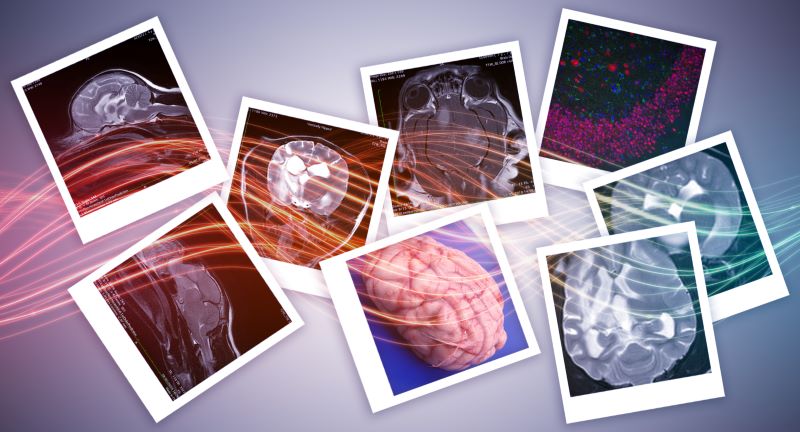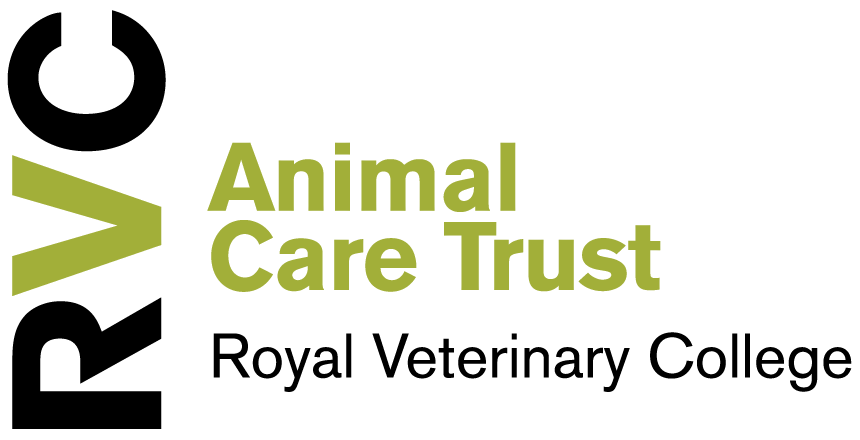Support research into animal health and welfare
Supporting veterinary medicine is an investment in the interconnected web of life that benefits both animals and humans alike. It’s crucial for the health and welfare of animals, public health, scientific advancements, biodiversity conservation, and the overall well-being of our planet. Vets play a critical role in preventing, diagnosing, and treating illnesses and injuries in a wide range of domestic and wild animals. Supporting veterinary medicine helps maintain the well-being of individual animals and contributes to the overall health of animal populations. ·
- Animal welfare: RVC researchers are looking into a broad range of conditions affecting animals, from cancers and neurological diseases in our pets to viruses affecting populations around the world. Your support can help them make real progress towards solutions
- Public Health: Many diseases affecting animals can also pose risks to human health (zoonoses). By preventing and controlling diseases in animals, veterinary medicine plays a vital role in safeguarding public health
- Research and Innovation: Our collaborative approach in veterinary research contributes to scientific advancements that benefit both animals and humans. Studies in veterinary medicine lead to the development of new treatments, vaccines, and preventive measures
- Biodiversity Conservation: Vets play a crucial role in wildlife conservation efforts. They contribute to the health and management of endangered species, helping to preserve biodiversity and maintain the delicate balance of ecosystems
- Food Safety and Security: Veterinary professionals ensure the safety of the food supply by monitoring welfare and controlling diseases in livestock. This is vital for preventing the spread of diseases from animals to humans through the consumption of animal products
- One Health Approach: The concept of One Health recognizes the interconnectedness of human, animal, and environmental health. By supporting veterinary medicine, you’ll help advance a holistic approach to our One World, One Health ethos
Creating a pioneering brain bank
The RVC Animal Care Trust funded the creation of the Companion Animal Brain Bank (CABB). In the last 30 years the most significant advances in the research of neurological disease have come from examining human and animal brain tissue and the use of animal models of disease. However globally it was acknowledged that the amount of brain tissue available to researchers was scarce. The RVC decided to create the CABB by encouraging pet owners to leave their pet’s remains to medical science.
The RVC has a world leading Neurology Service and as such sees a large number of patients with a variety of neurological conditions. Whilst we may be unable to help some of these patients, the donation of their brains helps support the science that could one day save other pets with the same condition. Many diseases manifest in animals the same way as they do in humans so research and treatments focused on animals can be directly translatable to human medicine. All CABB samples are freely available for use by researchers both within the RVC and elsewhere.
The CABB provided vital samples for a collaborative research project with Kings College London, where the RVC's Dr Claire Thornton was studying the potential of mitochondrial DNA as a biomarker of brain injury in dogs and cats. This has exciting translational potential, with a particular area of interest being brain injury in newborn babies, in which early diagnosis and prognosis remains extremely challenging.

Find out more
A gift in your will could help change the lives of animals for generations to come. Our information pack gives you everything you'll need if you're considering remembering the RVC Animal Care Trust in your will.
| Download our Legacy Brochure → |

